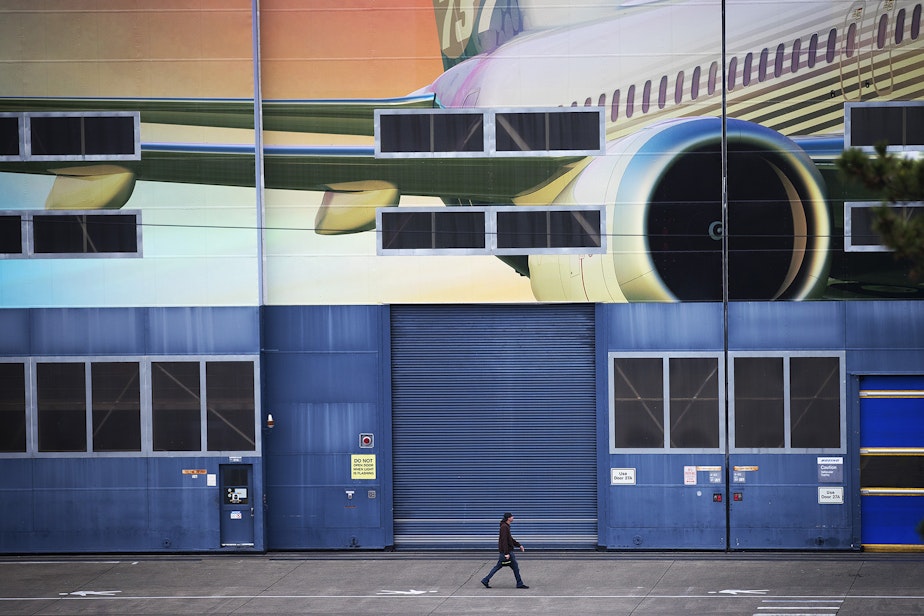Boeing cuts workforce and re-starts production

Boeing is again producing 737 MAXs, though the plane is still grounded and the company already has runways crowded with more than 450 finished planes. The reason: MAX is Boeing's future for now.
The restart of production at Boeing came as the company began to follow through on its plan to cut 10 percent of its work force. It said 9,800 workers in Washington state would be leaving the company.
The company has seen its world turned upside down, first by the grounding of its best-selling plane in March 2019 and then by pandemic lockdowns that continue to disrupt air travel and threaten the survival of airlines.
Air travel is picking up now, but one analyst says Boeing is passing through an eight-month danger zone that will determine its future.
Michel Merluzeau, vice president of the aerospace analysis firm A.I.R. says the pandemic has dealt a blow to air travel that could take a decade to recover from.
"It is the equivalent of of an A- bomb exploding in the middle of the city and you've got to pick up the pieces with what you have," he said.
Merluzuea said the company faces two big risks: the threat of a second coronavirus wave in the autumn that extends the financial agony for its airline customers, and the continued grounding of the MAX.
Of the two threats, Merluzeau says, the grounding is the more serious. It needs the 737 MAX because the pandemic is collapsing demand for its larger planes.
Boeing has made heavy investments in expensive wide-bodied planes like the 787 and 777, but now the airlines that have been planning to buy them for years are rethinking their ability to fill these planes.
"The widebody market doesn't really recover until the mid-2020s," Merluzeau said.
For Boeing, that leaves the 737 MAX. It is a less expensive design, carries fewer people than the widebodied planes and is also able to cross oceans.
However, the Federal Aviation Administration and other world aviation regulators have not cleared the plane to fly following the discovery in March 2019 that a flight control system had overpowered two air crews, crashing the planes and killing all aboard.
If the MAX does not enter service this year, Merluzeau says that raises the danger for Boeing in 2021.
Boeing says despite the cancellation of many orders, it still has a backlog of 3,800 unfilled orders for MAX planes.
Boeing said while its situation is serious, it is not in any danger. In a statement, the company said it continues to be successful in borrowing money. This month it raised $25 million through a bond offering, and the company says it has enough money to sustain its operations.
"We do not plan to seek additional funding through the capital markets or the U.S. government options at this time," the statement said.
Boeing added that it is working toward an ungrounding by the third quarter of the year, but that "the actual timing will be determined by regulators."



